Common Chinese Vaastu Practiced In India
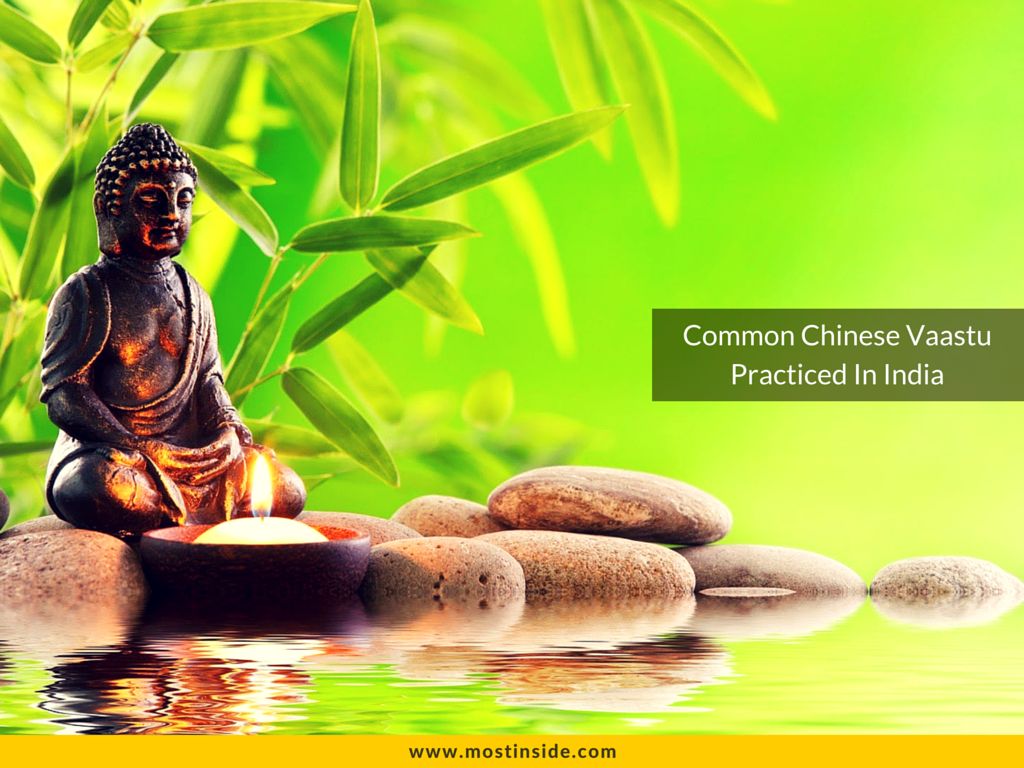
Contents
ToggleIntroduction
Feng Shui, the Chinese philosophy in which “Feng” means “wind” and “shui” means “water” (pronounced usually as fung-shway). According to Chinese customs, tender wind and clean water have always been affiliated with wise yield and wise health, thus it’s considered as wise Feng Shui which means wise livelihood and destiny, while bad Feng Shui means hardship and misfortune.
The concept of Feng Shui is almost similar to Indian Vaastu. The objectives behind both customs are the same. Chi is referred as the cosmic breath and recognizes that there is a male positive energy and a female negative energy, exactly like Vaastu identifies that the complete universe is comprised of five basic elements. The Chinese also recognizes the five elements.
In Indian Vaastu, the five elements are earth, water, air, fire and space. In Feng Shui the five elements are earth, water, fire, wood and metal. Both the culture believes that the building should be inclined towards the north-south direction. Historical evidences strongly have to say that that Vaastu is the source of Feng Shui.
Feng Shui Concept
Feng Shui is the concept of placement which is a guiding philosophy to bring peace and prosperity by looking at our environments and how the equilibrium of energies can influence every part of life. It is a complex structure of knowledge that unveils how to maintain balance between the energies of any given infinity space to make sure about the health and wise fortune for people inhabiting it. Feng Shui is grounded on the Taoist perception and understanding of nature, specifically on the concept that the land is alive and charged with Chi, or energy. Feng Shui focuses on life energies and aims for a modification of energetic blockages, Vaastu goes much far in implementing many more objectives and principles thus strongly installing the bond between the house and its inhabitants.
Common Chinese Practices in India
According to Vastu Shastra and Chinese Feng Shui there are some common vaastu products that are practiced in almost all places like home, office and institutes.
1. Laughing Buddha
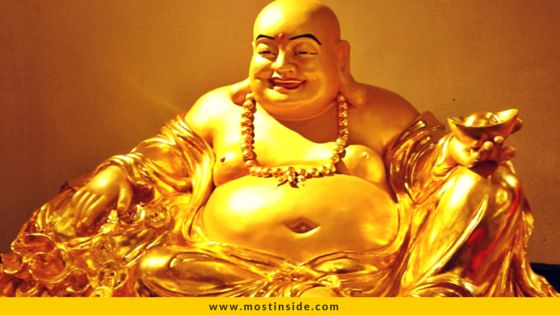
Laughing Buddha or a Happy Man is always a symbol of happiness. Business owners and politicians will prosper placing this laughing at house or office.
2. Gold Fish
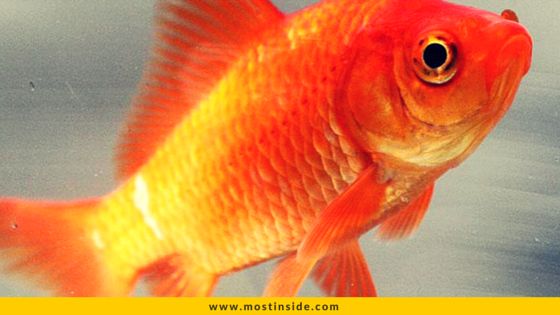
It’s a symbol of determination and strength. This carp swims upwards to jump out of water which reflects the meaning of ambitions and aspirations. This works lucky for education success, marriage fortune and good for achieving success and goals.
3. Lord Ganesh Statue
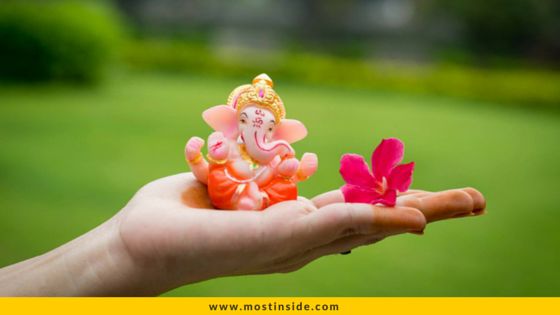
Most of people have this at their home and offices usually which brings good luck and strength as initiating any work by worshiping Lord Ganesh turns successful.
4. Five Golden Horses
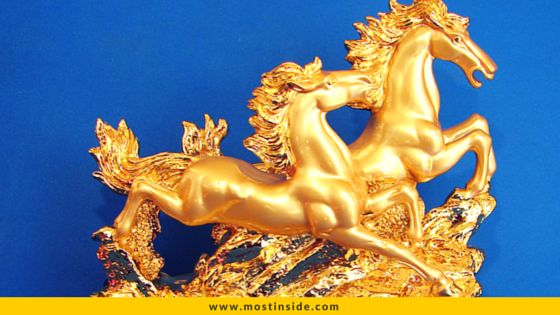
According to Feng Shui, Horse is the seventh Chinese zodiac sign which is the symbol of achievement, victory, perseverance, loyalty, freedom, power and speed. This object if placed in working place or studying place could bring success, power and strength.
5. Buddha Statue
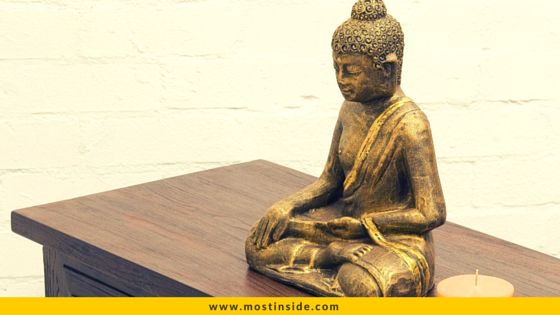
The statue is referred as ‘The Medicine Buddha’ as he cures the suffering by his teachings. Brings prosperity and good luck to home.
6. Victory Big Chimes
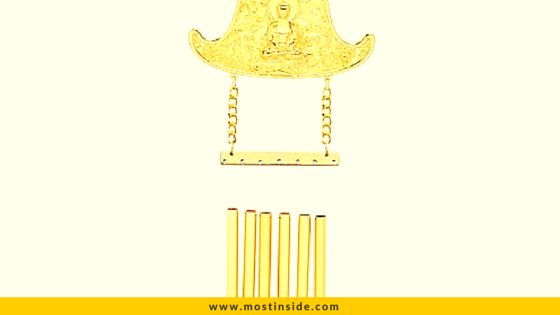
Wind which is the common element of both Chinese and Indian Vaastu Shashtra has victory big chimes object which is hung in courtyards, or gardens or living halls to make them tinkle when wind flows by it symbolizes the elimination of bad and malevolent spirits to bring good fortune and charm against the evil eyes.
7. Duo Dove Statue
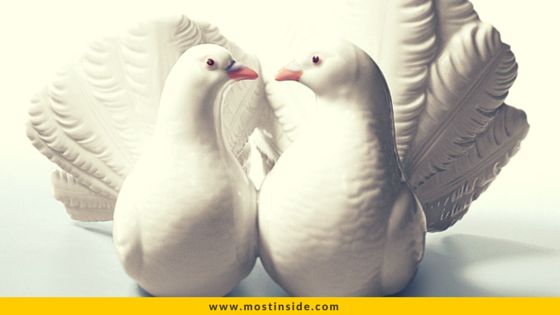
Duet Dove statue is the symbol of peace and harmony placed in bedrooms in most families to maintain better understanding and peace between married couples.
8. Elephant and Frog Frame
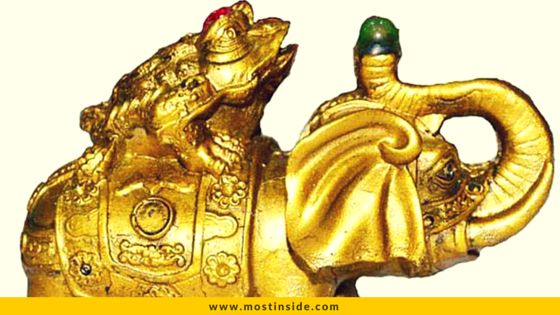
Both elephant and frog are in the Chinese Zodiac signs which always considered as a lucky combo for good luck which is a powerful talisman to protect everyone against fighting, robbery, accidents and stealing. It is a sacred symbol according to Feng Shui.
MORE FROM MOSTINSIDE
Recommended For You
Hindu Traditions With Scientific Reasons Proven To Be Beneficial
Priyadarshini Muduli
A full time passionate writer with imperishable determination to bring healthy, smart and pragmatic changes individually and socially. Concentrate especially on lifestyle, life and personal improvement, relationships, mental health and behavior, viral issues and literature based subjects.




